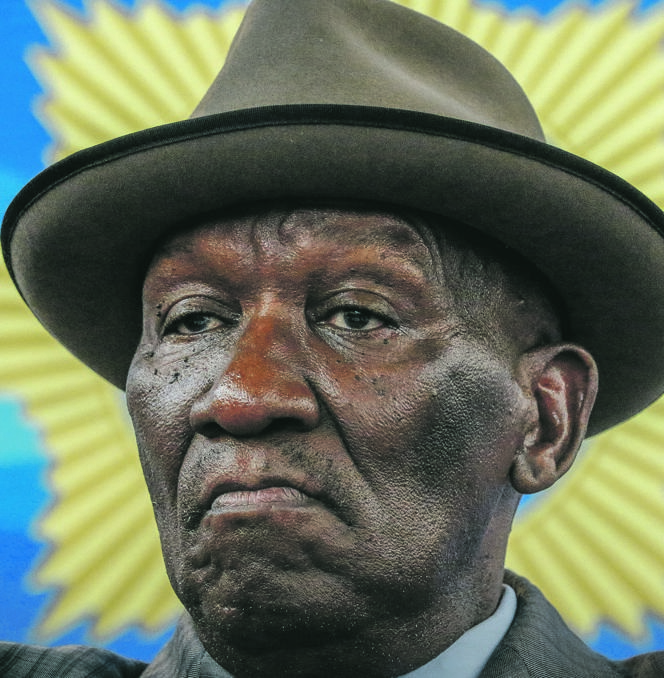
Reacting to the recent release of discouraging crime statistics, Police Minister Bheki Cele said police alone cannot win the fight against crime.
He appealed for more civilian involvement.
And I agree with him.
But how can the community take an active part in the prevention of crime when the playing fields are not level?
During apartheid police officers were hated by communities. They were seen as agents of the regime. They even used ordinary civilians to spy against their own comrades.
Many people died because they were police informers. Some died out of mere suspicion. It was unthinkable to befriend police officers.
The gruesome deeds of the state security evoked emotions of anger in the majority of people.
When democracy came in 1994, it was expected that communities would accept and befriend police officers. But that was difficult; police still wore the uniforms of apartheid.
As a way of improving the relations between police and communities, the government introduced what it called community policing forums.
It was envisaged that relations between police and communities would improve and that civilians would help to create a crime-free society.
As part of improving such relations, village and township football clubs played matches against police teams.
The police service started holding some of its campaigns in the communities, bringing community members closer to them.
To some extent it worked and continues to do so.
But reports of police brutality also continue. And the involvement of senior police officers in acts of corruption does not help to inspire public confidence.
Some corrupt police officers’ actions are discouraging. We cannot help but remember how Mido Marcia was dragged behind a police vehicle in Daveyton.
The Victims of Crime Survey for 2015/16, released by Stats SA, showed South Africans are generally reluctant to report crime and largely believe the police are useless in resolving issues.
True or false, the status quo in terms of police relations with the community is discouraging.
In Limpopo the community safety department has introduced a programme called the young civilians on patrol. The programme identifies unemployed youth between 18 and 35.
The young people are trained by police officers in basic crime-prevention skills. Upon completion, they join police on patrols.
It is hoped these young people, from communities where it is known crime is being committed, will know which households sell dagga and liquor without licence.
They will also know who deals in stolen property.
But some corrupt police warn criminals against members of community policing forums and also about the young trainees. This puts their lives at risk.
Instead of communities embracing these peace officers and policing forums, they label them as informers. They end up being ridiculed for putting their lives at risk for nothing since their work is voluntary.
But the truth is that criminals stay within these communities and are known by the locals. Police rely on evidence to effect arrests and to ensure that suspects end up in jail.
In a campaign aimed at discouraging mob justice (killings), Cele said community members should apprehend criminals without harming them and call the police.
But mob beatings continue unabated and members of the forums or the young trainees cannot stop the perpetrators.
So, although it is known police cannot win the fight against crime on their own, it becomes unrealistic for community members to become involved because their safety is not guaranteed.
Much stills need to be done to protect relations between the police and communities.
Something must be done to prove to communities they will be protected before they can be expected to help fight crime.
At present it is the residents of Westbury who find themselves caught in the middle of flare-ups between police and criminals.
They should be encouraged not to harbour drug lords and to open their doors when the police come knocking.
It’s the only way ordinary people can help fight crime.
Kobe is the acting spokesperson of the Limpopo department of community safety




 Publications
Publications
 Partners
Partners








